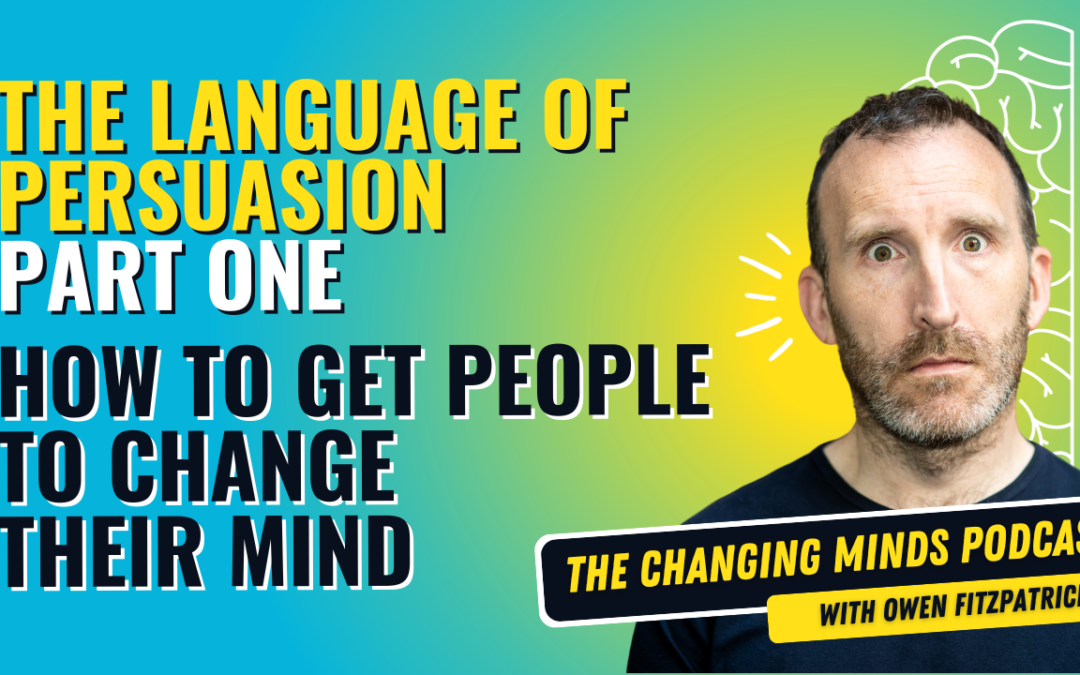The Implications of Constructive Feedback
- Constructive feedback serves as a tool for recognizing potential improvement areas or behavioral alterations.
- Avoiding the personalization of feedback and catastrophic thinking can prevent harm to self-confidence and performance.
- The focus of feedback should be directed toward actionable behaviors that can be improved.
- Utilize positive feedback as a stimulus for ongoing self-improvement and maintenance of high-performance levels.
Navigating the Challenges of Negative Feedback
- Comprehend the emotional impact of feedback and the propensity to internalize it.
- Nurture self-esteem, control anger, and build a healthier relationship with feedback.
- Adopt a growth mindset, viewing feedback as an opportunity for performance enhancement.
- Professor Carol Dweck of Stanford University is a notable figure in understanding the Growth mindset, emphasizing the potential for individuals to evolve their abilities.
Unraveling the Neuroscience of Feedback Reception
- Specific constructive feedback is paramount for facilitating learning and promoting neuroplasticity.
- Conversely, generic positive feedback falls short of providing detailed improvement strategies, and vague negative feedback can be detrimental.
Leveraging Effective Feedback: Identifying Optimal Sources for Enhancement
- Assess feedback based on its detail-oriented nature and applicability to discern its value.
- Recognize and counteract cognitive biases such as confirmation bias and overconfidence bias that obstruct the effective processing of feedback.
- Understand the role of emotions in feedback perception and acceptance, underscoring the necessity to identify and manage these emotions.
- Eschew projecting negativity onto feedback, assuming positive intent instead.
Podcast: Play in new window | Download








